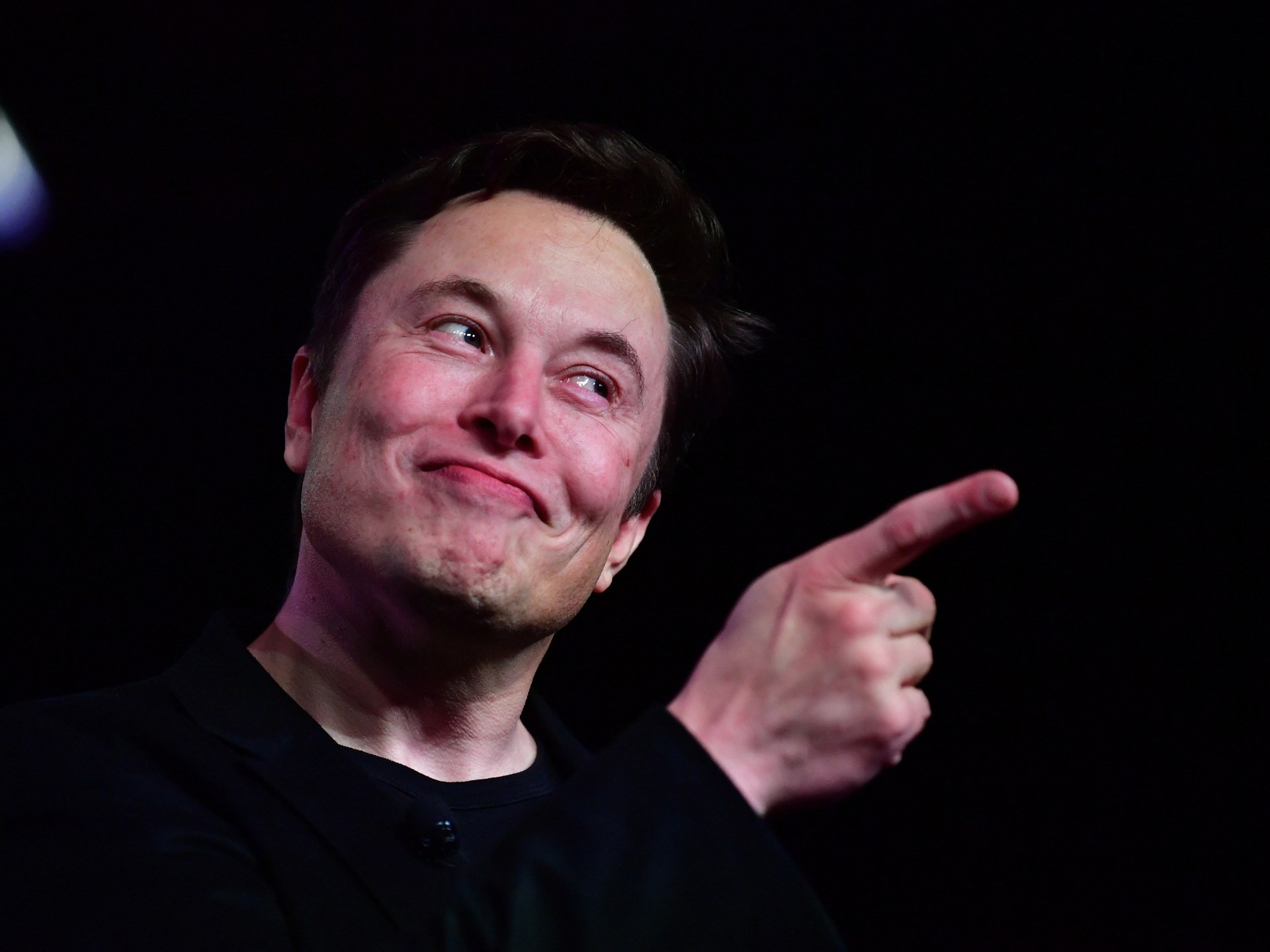Yesterday, Friday, an American jury acquitted Elon Musk, CEO of Tesla, and his company, of responsibility for misleading investors, when Musk used the Twitter platform in 2018 to publish an advertisement regarding his obtaining guaranteed financing to turn the electric car company into a private company (directing it). from the stock exchange), according to a Reuters report.
The jury returned to issue its verdict unanimously, nearly two hours after the start of deliberations on the charges against Musk, who was not present in court when the verdict was read.
Musk quickly tweeted that he "greatly appreciated" the jury's decision, and said, "Thank God, people's wisdom prevailed."
The court's decision was considered important to Musk, who uses Twitter to express his views and influence his followers.
The plaintiffs had sought billions of dollars in damages.
"We are disappointed with the ruling and are considering our next steps," Nicholas Porritt, the investors' attorney, said in a statement.
“A dark chapter is now closed for Musk and Tesla,” said Dan Ives, an analyst at Wedbush, adding that some of the company's investors fear Musk will have to sell more of its shares if he loses.
The second richest person in the world previously caused legal and regulatory problems by using the Twitter platform, which he bought for $ 44 billion last October.
And Mynor Meyer - who teaches corporate law at the University of Connecticut - described the result as "astonishing", at a time when he had described the position of investors as strong.
Tesla investors have expressed concerns that Twitter has captured too much of Musk's focus, whose attention has been divided in recent months between Tesla management, SpaceX and the Twitter platform.
Thank goodness, the wisdom of the people has prevailed!
I am deeply appreciative of the jury's unanimous finding of innocence in the Tesla 420 take-private case.
— Elon Musk (@elonmusk) February 3, 2023
"bad word choice"
Tesla shareholders alleged that Musk misled them when he tweeted on August 7, 2018, that he was considering taking Tesla private for $420 per share, an increase of about 23% from the close of August 6, 2018, and that “funding secured.” ".
Investors say Musk lied when he tweeted later that day that "investor support is assured."
The share price rose after Musk's tweets and then fell on September 17, 2018, at a time when it became clear that the takeover would not happen.
Burritt, the plaintiffs' attorney, said - during the court's closing arguments - that Musk is not above the law and must be held responsible for the tweets.
"This issue is ultimately about whether the rules (dissemination of misinformation on social media) should apply to Elon Musk and apply to everyone else," he added.
Musk's attorney, Alex Spiro, responded by saying his client's "finance secured" tweet was "technically inaccurate" but that investors only focused on the fact that Musk was considering an acquisition.
An economist hired by shareholders calculated investor losses amounting to $12 billion (Shutterstock)
"The whole case is built on poor word choice," he said. "Who cares about bad word choice?" He added during closing arguments: "Just because it's a bad tweet doesn't make it fraudulent."
An economist hired by the shareholders calculated the investors' losses, which amounted to $12 billion.
During the 3-week trial, Musk spent nearly 9 hours on the bench, telling jurors that he believed the tweets were true.
Musk later said he believed he could have sold enough stock of his rocket company, SpaceX, to fund the purchase, and "felt the funding was secured" by selling SpaceX stock alone.
In his defense, Musk said he posted the tweets in order to put the small shareholders on an equal footing with the large investors who knew about the deal.
The ruling is another victory for Musk and his lawyer, Spiro, after they won a defamation lawsuit against the billionaire in 2019 over a tweet in which he described the cave explorer as a "boy molester."

